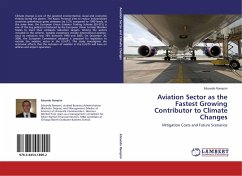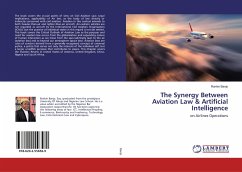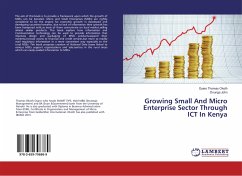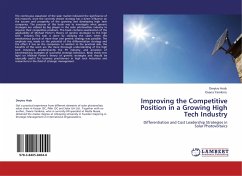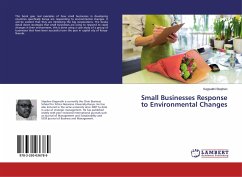Climate change is one of the greatest environmental, social and economic threats facing the planet. The Kyoto Protocol aims to reduce industrialized countries greenhouse gases emissions by 5.2% compared to 1990 levels; at the same time, the European Union Emission Trading Scheme (EU-ETS) is one of the key policies introduced by the European Union to help Member States to meet their emissions reduction targets. Among the sectors included in the scheme, notable exceptions include international aviation, since its emissions rose 78% between 1990 and 2005. On December 20, 2006, the European Commission adopted a proposal for legislation to include the aviation sector in the EU-ETS. This study investigates the economic effects that the inclusion of aviation in the EU-ETS will have on airlines and airport operators.
Bitte wählen Sie Ihr Anliegen aus.
Rechnungen
Retourenschein anfordern
Bestellstatus
Storno

